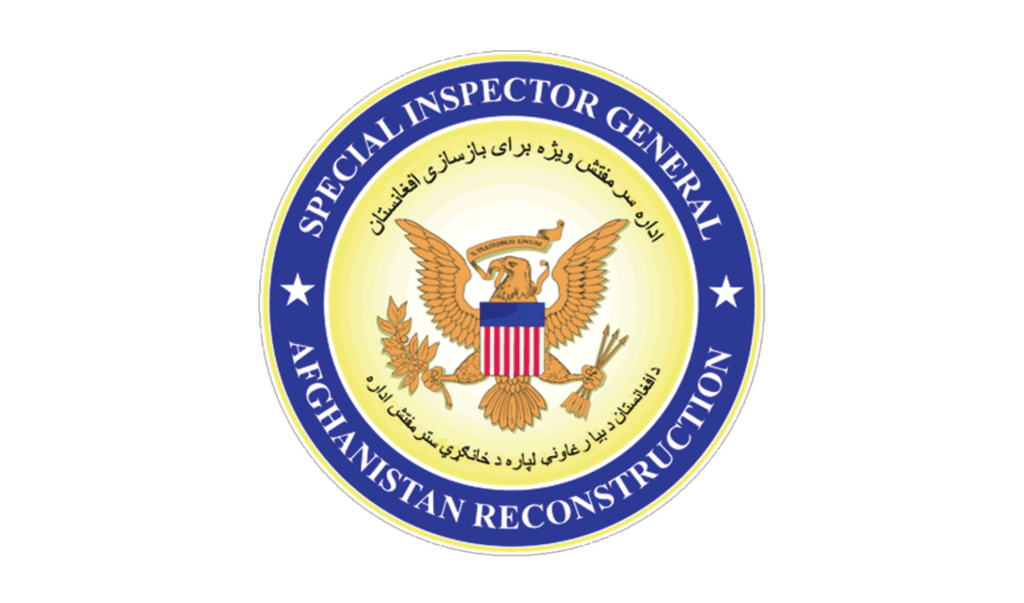KABUL (Pajhwok): The Special Inspector General for Afghanistan Reconstruction (SIGAR) says two bureaus have failed to provide enough documents to determine that Afghanistan programmes complied with States vetting guidance.
In a report on Wednesday, the US federal watchdog said three of the five State bureaus that had active awards in Afghanistan from March 1, 2022, through November 30, 2022, had sufficient documentation to demonstrate they complied with the Foreign Affairs Manual (FAM) and other State implementing partner counterterrorism vetting requirements.
The report highlighted that the Bureau of Political-Military Affairs, Office of Weapons Removal and Abatement (PM/WRA); Bureau of Population, Refugees and Migration (PRM) and Bureau of South and Central Asian Affairs, Office of Press and Public Diplomacy (SCA/PPD) provided SIGAR with documentation showing they followed State’s vetting policies.
But the Bureau of Democracy, Human Rights, and Labour (DRL) and the Bureau of International Narcotics and Law Enforcement Affairs (INL), provided some documentation but not enough to determine whether all their Afghanistan programmes complied with State’s vetting guidance.
All bureaus are required to perform basic procedures and follow best practices during the pre-award phase, and to perform a risk assessment for each programme.
SIGAR determined PM/WRA, PRM, and SCA/PPD completed bureau-prepared risk assessments for all of their awards in the audit’s scope, as well as RAM vetting documentation for eligible awards.
This documentation demonstrated their compliance with State’s partner vetting requirements and federal and State document retention requirements.
A total of 68 awards were implemented within the scope of our audit, and that about $558 million was obligated and at least $495 million was disbursed for these awards.
It said two State bureaus could not demonstrate their compliance with its partner vetting requirements on awards that disbursed at least $293 million in Afghanistan.
DRL and INL could not demonstrate that they complied with State’s partner vetting requirements for many of their programs in Afghanistan.
Specifically, DRL could only provide supporting vetting documentation for three of its seven awards, while the partner vetting documentation for four of its awards were missing from its contracting files.
As a result, SIGAR could not determine whether DRL conformed to State’s partner vetting requirements for four of its awards.
Similarly, INL could only provide SIGAR with supporting vetting documentation for 3 of its 22 awards because supporting documentation for 19 of its awards was missing from its contracting files.
Based on this response, SIGAR determined that INL did not comply with federal document retention requirements.
State officials acknowledged that not all bureaus complied with document retention requirements. State officials told us that INL did not retain documentation because of employee turnover and the dissolution of its Afghanistan-Pakistan office.
sa/mud







GET IN TOUCH
NEWSLETTER
SUGGEST A STORY
PAJHWOK MOBILE APP